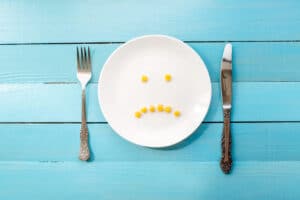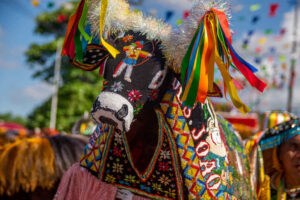Simple change in diet can reduce the emission of this greenhouse gas into the atmosphere by 80%
In Brazil, we are starting to talk about carbon neutral meat, whose production compensates for the emission of gases that contribute to the global warming, such as methane, released in large volumes by animals in the digestion process.
In Sweden, a startup in the environmental area has gone a step further and is placing a new type of product on the market: “low methane” beef, which has started to be sold in the supermarket chain Coop, informs Fast Company.
The innovation developed by Volta Greentech proposes a small change in the animals' diet to reduce their methane elimination. Oxen and cows began to be fed daily with 100 grams of the red algae of the species Asparagopsis, a supplement that reduces the production of this gas by the digestive system of cattle in the range of 80% to 99%.
This happens because red algae has large amounts of bioactive compounds that block one of the enzymes necessary for bacteria that produce methane in the animals' bodies — a property that was only discovered in 2015.
The use of seaweed in cattle feed was approved in Sweden. The next challenge now is to increase production. Volta Greentech is developing a land cultivation system, optimizing temperature, light and nutrients to maximize production growth rate — and is preparing to begin building its second factory in 2023.
“A lot of other food brands that we've talked to before are starting to see that it's working and that it's a real solution,” Fredrik Åkerman, co-founder and CEO of Volta Greentech, tells Fast Company. “Cultivation is a bottleneck in production. But now we can invest, as we know there is demand.”


